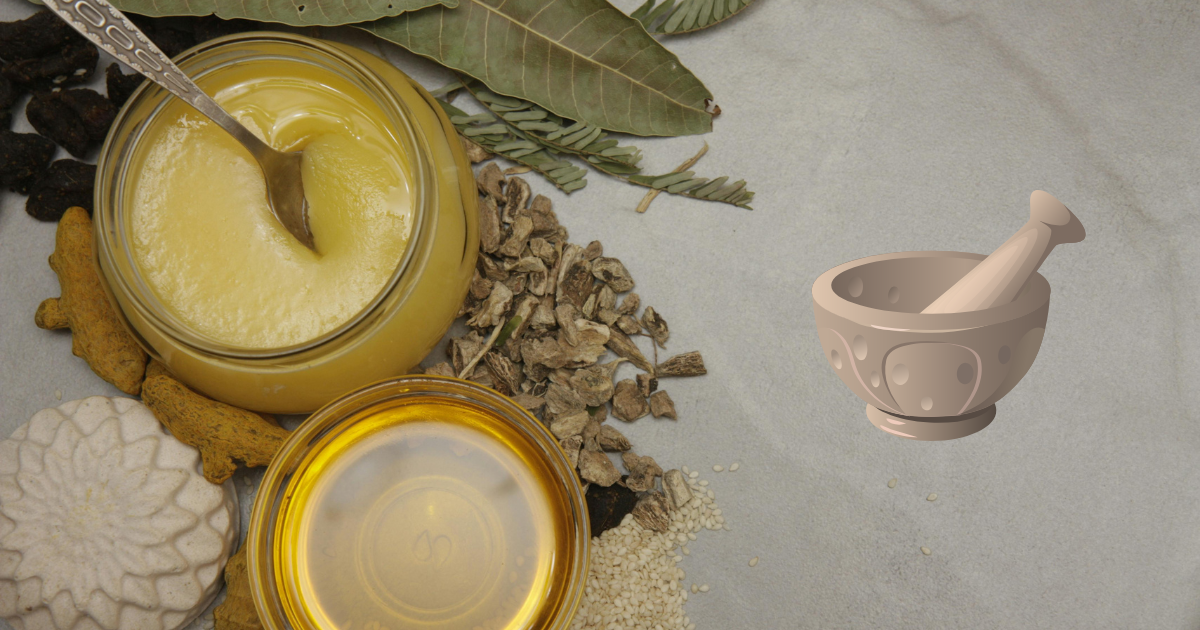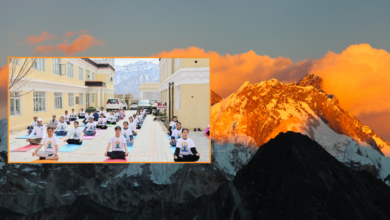Urban India Leads the Way in AYUSH Adoption: Trust and Faith Drive Growth
79th round of the National Sample Survey reveals that 52.9% of urban households used AYUSH

From yoga mats in high-rise apartments to Ayurveda remedies on office desks, urban India is embracing traditional medicine like never before. New government data shows that more than half of urban residents turned to AYUSH (Ayurveda, Yoga & Naturopathy, Unani, Siddha, Sowa-Rigpa, and Homeopathy) in the past year—outpacing rural usage for the first time.
The 79th round of the National Sample Survey reveals that 52.9% of urban households used AYUSH for prevention or treatment, compared to 46.3% in rural areas. Even more striking: 7 in 10 believe it works, and 6 in 10 follow it on faith alone.
“It’s not just about tradition—it’s about trust,” said a senior official from the Ministry of AYUSH. “Urban India is looking for holistic, preventive healthcare, and AYUSH is fitting into that lifestyle seamlessly.”
Awareness is almost universal—96% in cities and 95% in villages—but the spending gap tells its own story. On average, an urban Indian spends ₹574 a year on AYUSH care, while a rural resident spends ₹472. Experts say the urban market is driving growth for everything from herbal supplements and wellness retreats to integrative clinics that blend Ayurveda and modern medicine.
Health researchers attribute the trend to multiple factors: rising stress levels, lifestyle-related diseases, and a growing interest in preventive health. The COVID-19 pandemic also played a role, prompting many to revisit home remedies and immunity boosters from traditional medicine.
For practitioners like Dr. Meera Nair, an Ayurveda physician in Bengaluru, the change is obvious.
“Five years ago, most of my clients were elderly or from smaller towns. Now, I see young professionals, tech workers, even gym trainers. They don’t just want treatment—they want long-term wellness.”
The survey’s findings also show that faith continues to play a powerful role. For a significant portion of users, AYUSH isn’t just healthcare—it’s a philosophy, rooted in culture and family tradition.
With such momentum, industry experts believe the future of AYUSH will be shaped in India’s cities—through wellness centers, teleconsultations, herbal product brands, and collaborations with mainstream hospitals.
As India moves toward a more integrated health system, one thing is clear: the next big wave of AYUSH adoption is being powered by urban trust, urban wallets, and a centuries-old belief that nature still heals best.




